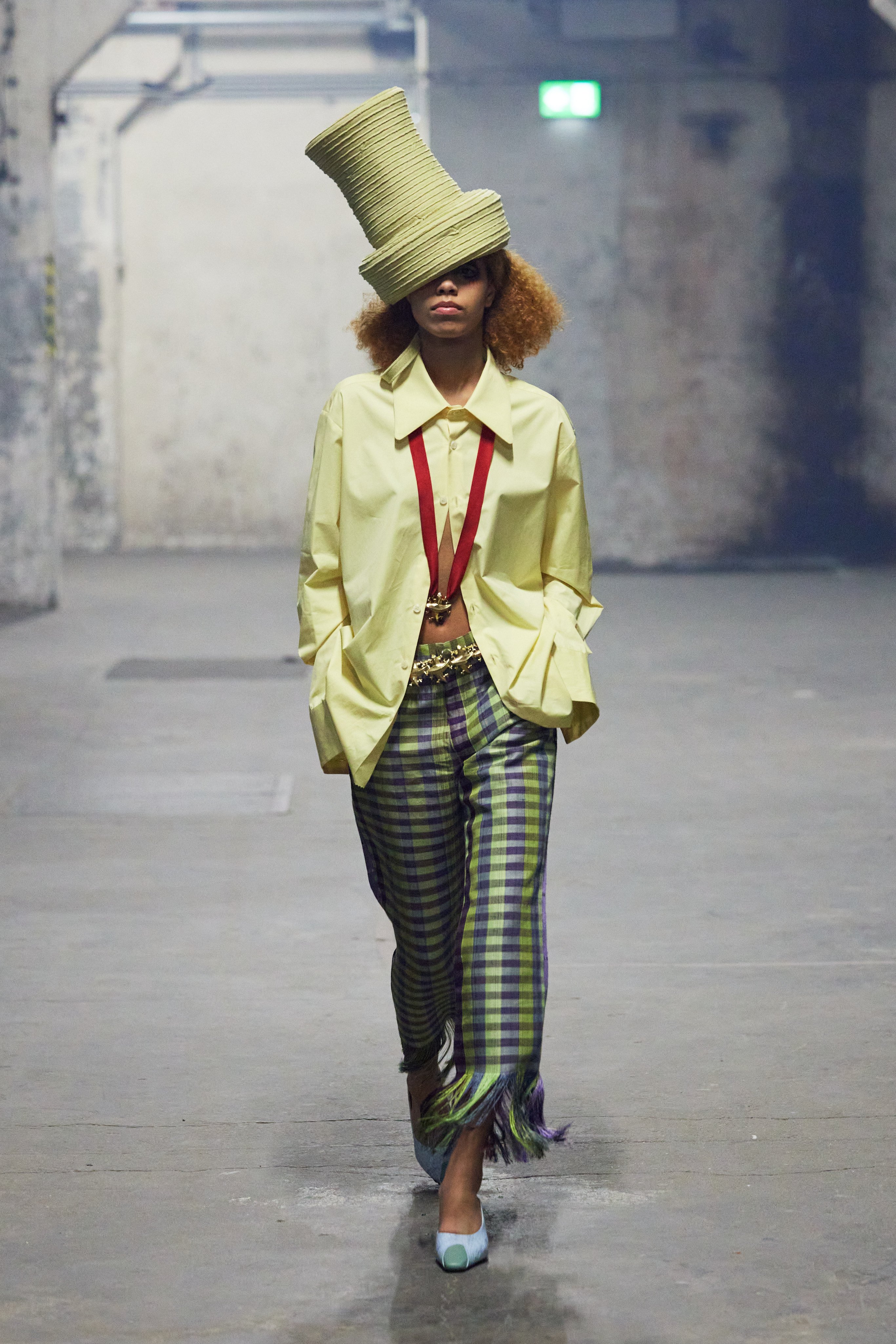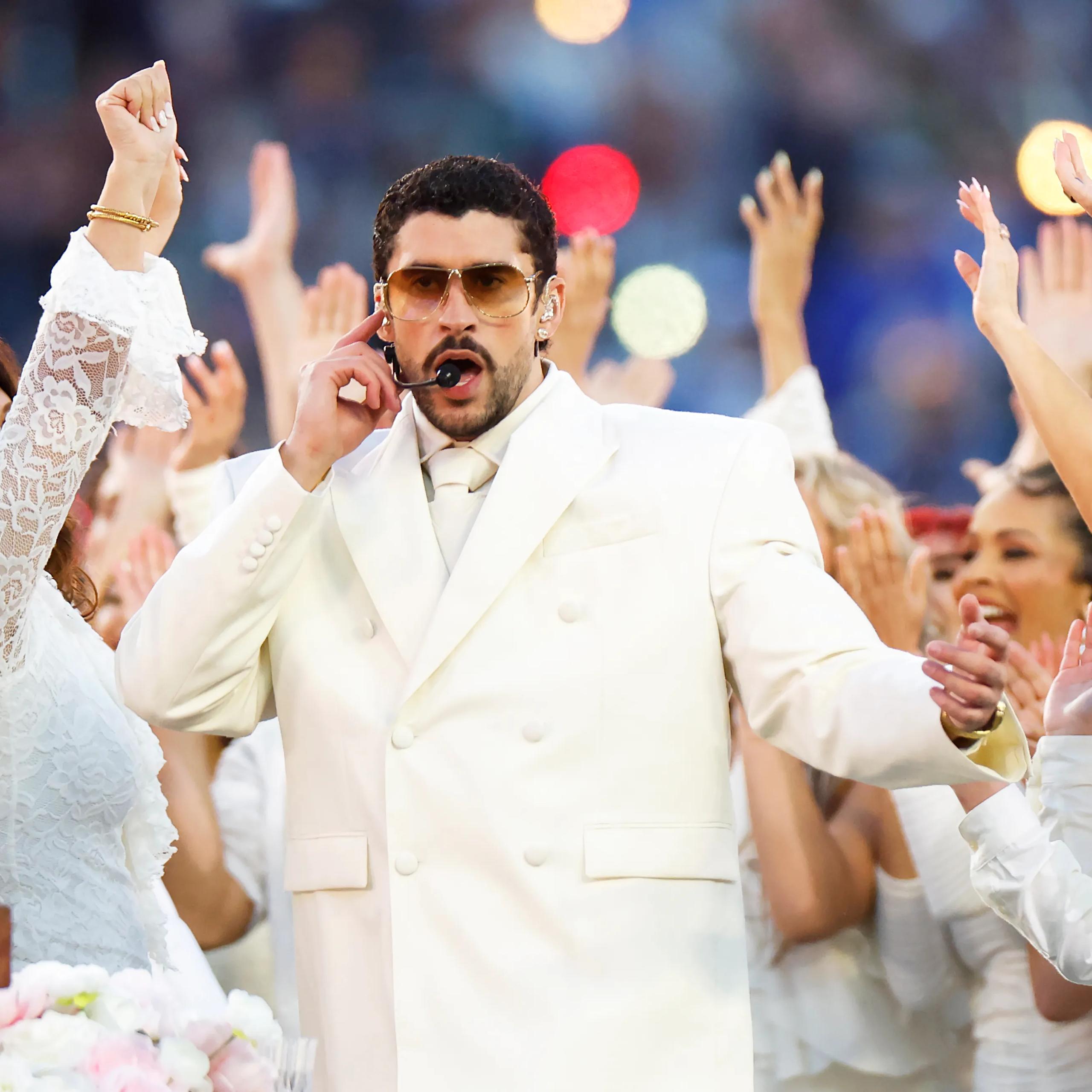If it were to be asked, "What is your favourite thing about Africa currently?" What would you say? Mine is "Aa, how far?" A combination of the Venda word for hello and a staple phrase in Nigeria.
Makhadzi Entertainment recently presented their latest hit single, 'Number1', featuring the collaboration of Nigerian superstar Iyanya and South African producer Prince Benza. Makhadzi, known for her dynamic presence as the queen of the Venda Pop Genre, collaborates with Iyanya, who brings his distinctive Afrobeats flair, and Prince Benza, whose beats are a staple in South African music.
Makhadzi is 27 year-old Venda award-winning singer-songwriter and dancer from Limpopo, South Africa. She started dancing at 12 and has since been famous as Makhadzi wa vho rine meaning "our aunt." However, since 2017, not only is she the most played artist in the southern hemisphere, but she has also gone international with genre defying features.
The essence of the ‘Number 1’ revolves around the affirmation of self-worth, advocating the importance of prioritising self-love and empowerment. A love which ultimately gets poured out to surroundings - because hearts are like trees, if watered by toxicity, the fruits become poisonous and kills its admirers along with it.
With a universal message that inspires individuals worldwide to embrace love and peace, it fosters unity and understanding devoid of comparisons. Through its uplifting lyrics, 'Number1' encourages listeners to celebrate their uniqueness and extend compassion towards others, ultimately advocating for love as the guiding force in all human interactions.
Not only is it preaching what everyone likes to hear, but the combination of cultures in the music video is highly commendable. From the wardrobe to the choreography, the blend is remarkable.
Of course this sounds like an exaggeration, but how many projects acquaint Africa's South and West? Most importantly, how often does international romance local?
The choreographically featured cultures are Pantsula, Zulu's Indlamu, expertly combined with modern takes on various dance styles. The indigenous clothes worn by the models, whose interaction is the focal point - redefines cultural appropriation. A term that often dines with Xenophobia in South Africa.
The consideration of cultural elements such as the ones displayed in ‘Number 1’ is vital for various issues such as debunking the political lens concerning cultures. It also redeems the history of the African continent, a history that was deemed non-existent and primitive for centuries by Westernization.
It reflects Africa's unity, in the sense that even though barriers such as language, land borders, and differing traditional attires, love is a colour common, a one size fits all dress, and the language of unquenchable desire yearned for by all.
The waving of national flags towards the end of the video, namely Ghana, Nigeria, and South Africa amongst others reveres the indescribable bond strengthened by the unambiguous need for unity. Talk about artists being ambassadors for change, everyone who worked on the project has outdone themselves.
The storyline of the video and its execution is to Africa, the sort of craving you can’t seem to figure out until you see it! Because of that, it is a collaboration that blesses culture.
.svg)







.png)

